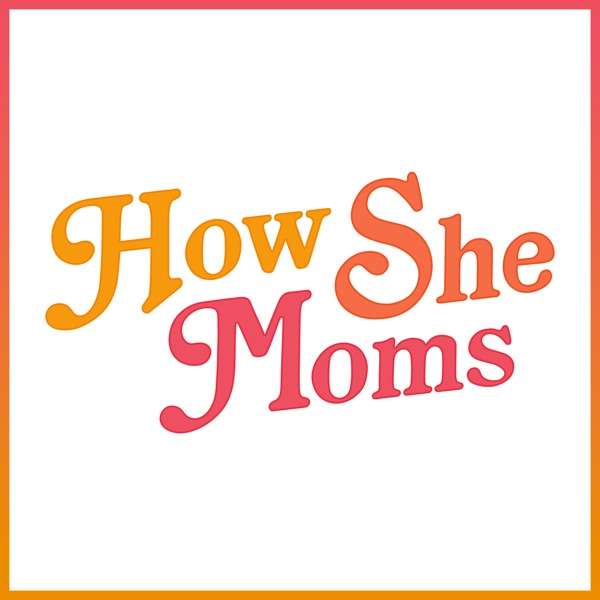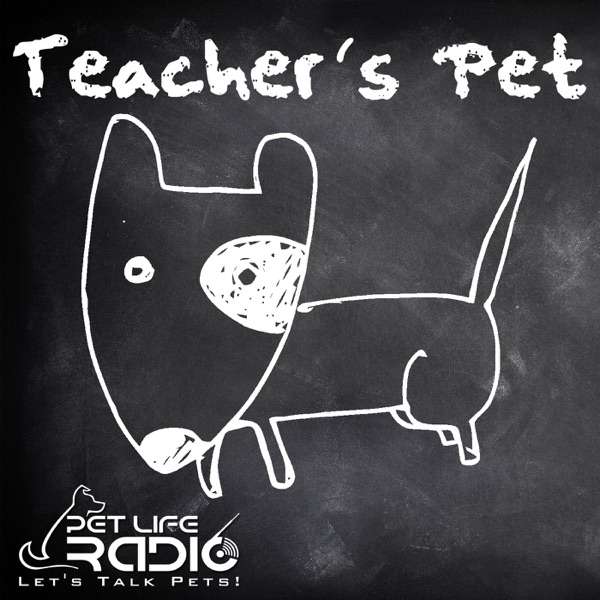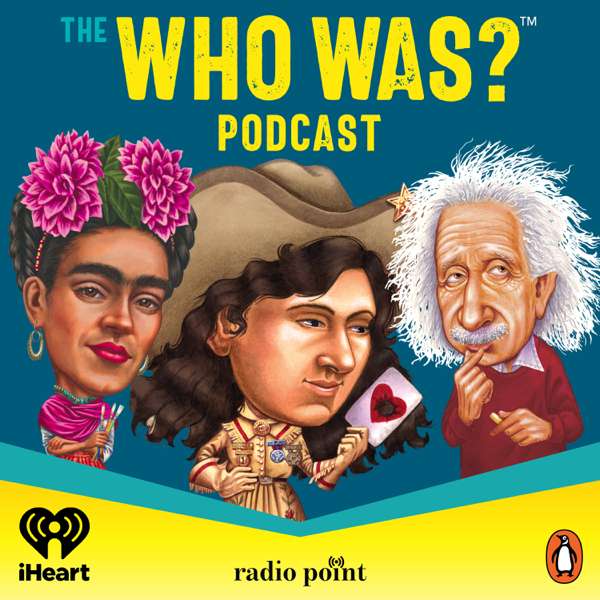A treasure trove of more than two hundred poems, this gem of an anthology compiled by Mary E Burt is indeed a most valuable set of poems to read or listen to.
Published in 1904, Poems Every Child Should Know contains some well-loved verses like Thomas Gray’s Elegy Written in a Country Churchyard, Lewis Carroll’s delightful parody Father William, Felicia Hemans’ deeply-moving Casablanca and other favorites. It also has lesser-known but equally beautiful pieces like Henry Wadsworth Longfellow’s The Arrow and The Song, Robert Browning’s The Incident of the French Camp, Eugene Field’s nonsense lyrics Wynken, Blynken and Nod and a host of other wonderful verses.
For modern day children, unaccustomed to reading and memorizing poetry, the book is a throwback to the days when this was the norm in most classrooms and homes. Fragments from Shakespeare’s Julius Caesar, in which Mark Antony pays tribute to the dead Brutus, Polonius’ advice to his son Laertes from Hamlet with the stirring lines, “This above all: to thine own self be true…” are some of the masterpieces contained here.
Poems Every Child Should Know also contained some of the most famous poems in English by poets like Wordsworth, Shelley, Keats, Browning and Milton. American poets like Walt Whitman are featured here with their immortal lines in poems like Song of Myself. Another famous American poet found here is Edgar Allan Poe with his iconic The Raven.
The book is divided into six parts, with a very interesting and self explanatory preface by the author. She begins with something that readers would say when they first encounter a poetry anthology: “Is this another collection of stupid poems that children cannot use?” and goes on to explain how she selected the ones included here. Most of them were picked because they were short enough for a child to memorize. This is a now forgotten activity that can give hours of pleasure as you recall the lines long after you’ve put away the book. Others were chosen for the heroic and patriotic sentiments, like The Star Spangled Banner, Lord Ullin’s Daughter, The Charge of the Light Brigade, Horatius at the Bridge and a host of other inspiring poems.
Mary Elizabeth Burt was a gifted teacher who believed that poetry had the power to inspire, educate and mold young minds so that they could mature into valuable and useful citizens of the country. For modern day readers, this is indeed a delightful collection, which offers endless hours of pleasure as you thumb through rediscovering old favorites, and enjoying new ones.

 Our TOPPODCAST Picks
Our TOPPODCAST Picks  Stay Connected
Stay Connected






